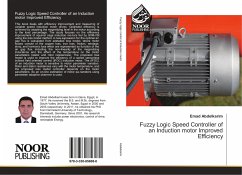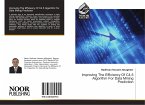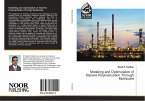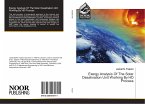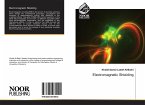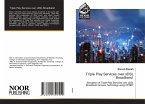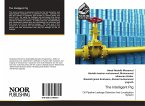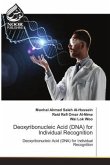This book deals with efficiency improvement and measuring of variable speed induction motor drives. Optimized efficiency is achieved by adapting the magnetizing level in the motor according to the load percentage. The study focuses on the efficiency improvement of squirrel cage induction mo-tors fed by SVM-VSI using the loss model method. A new expression for the optimal air gap flux is calculated from adetailed loss model, where motor losses consist of the copper loss, iron loss, friction, windage, stray, and harmonic loss which are represented as function of the air gap flux, including the non-linearity of the magnetizing inductance and the effect of the temperature on the motor parameters (stator and rotor resistances). The proposed loss model is used to improve the efficiency of a speed sensorless indirect field oriented control (IFOC) induction motor. The (IFOC) of an induction motor is sensitive to motor parameter variation. Rotor and stator resistances vary with the motor temperature, and the proposed loss model controller depends on the motor parameters. So an on-line estimation of motor pa-rameters using parameter adaptive observer is used.
Bitte wählen Sie Ihr Anliegen aus.
Rechnungen
Retourenschein anfordern
Bestellstatus
Storno

